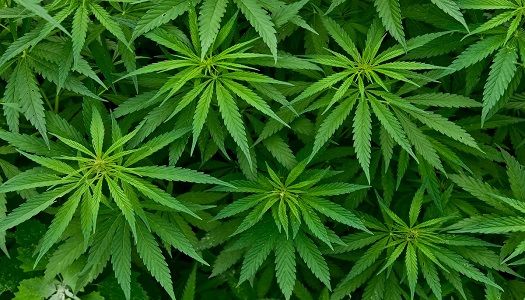Surprised? People Aren't Reading the Labels on Edible Marijuana Products
Around 16% to 26% of people using medicinal marijuana consume edible versions.

Marijuana edibles have come a long way since pot brownies. Now, recreational marijuana dispensaries in Colorado and Washington sell chocolates, candies, and cookies infused with the stuff. Although meant for non-medicinal purposes, they list ingredients, including the levels of psychoactive substances. But many people don’t care to read what they’re ingesting.
Investigators from the Research Triangle Institute (RTI) International wanted to explore people’s perceptions of edibles labels, so they conducted 12 focus groups in Denver and Seattle—home of the first two states to approve marijuana for recreational purposes in 2012. The 94 participants included adult consumers and non-consumers. Did they find labels on the edibles useful? Attractive? Easy to understand? Relevant? Acceptable?
“We discovered that people think there is too much information listed on labels of edibles, thus potentially overlooking important information on consumption advice,” corresponding author, Sheryl C. Cates, BA, senior research policy analyst of RTI, said in a news release.
Some participants looked at key information like serving size and potency profile; but beyond that, many people were unknowledgeable about the labeling. In addition to having too much information, as Cates explained, the participants were also concerned that consumption advice wasn’t clear. But maybe one surprising finding was that people in the focus group didn’t think there was a clear indication that the product even contained marijuana.
Participants suggested that web- and video-based education on recreational edibles and labels could help. Cates agreed, saying those could be cost-effective strategies.
Retail sales for recreational marijuana launched in Colorado and Washington in 2014. One such dispensary in Colorado, Sweet Grass Kitchen, sells both medicinal and recreational cannabis-infused edibles. One offering, for both purposes, is the peanut butter and jelly cup (pictured below). For medicinal purposes, the edible contains 75 mg of activated THC. The mini version is sold for recreational purposes, but contains 10 mg of cannabis per serving.
Sep 21, 2015 at 2:51pm PDT
A post shared by Sweet Grass Kitchen (@sweetgrasskitchen) on
Research has found that 16% to 26% of people using medicinal marijuana consume edible versions. However, a 2015 study in JAMA evaluating 75 medical edibles from three major metropolitan areas discovered that more than 50% of the products had significantly less cannabinoid content than what the label said. Some of those products even contained only a negligible amount of THC.
Edible marijuana products pose challenges whether used for medical or recreational purposes. Getting patients to read the label is just one.
Since the RTI International research was conducted, both states made some changes to edibles labeling. Hopefully it makes a positive impact on consumer knowledge which will lead to more informed decisions.
The study, “Consumer use and understanding of labelling information on edible marijuana products sold for recreational use in the states of Colorado and Washington,” was published in The International Journal of Drug Policy. The news release was provided by RTI International.
Related Coverage:
Hold Off on Pot Before Age 17, Study Says